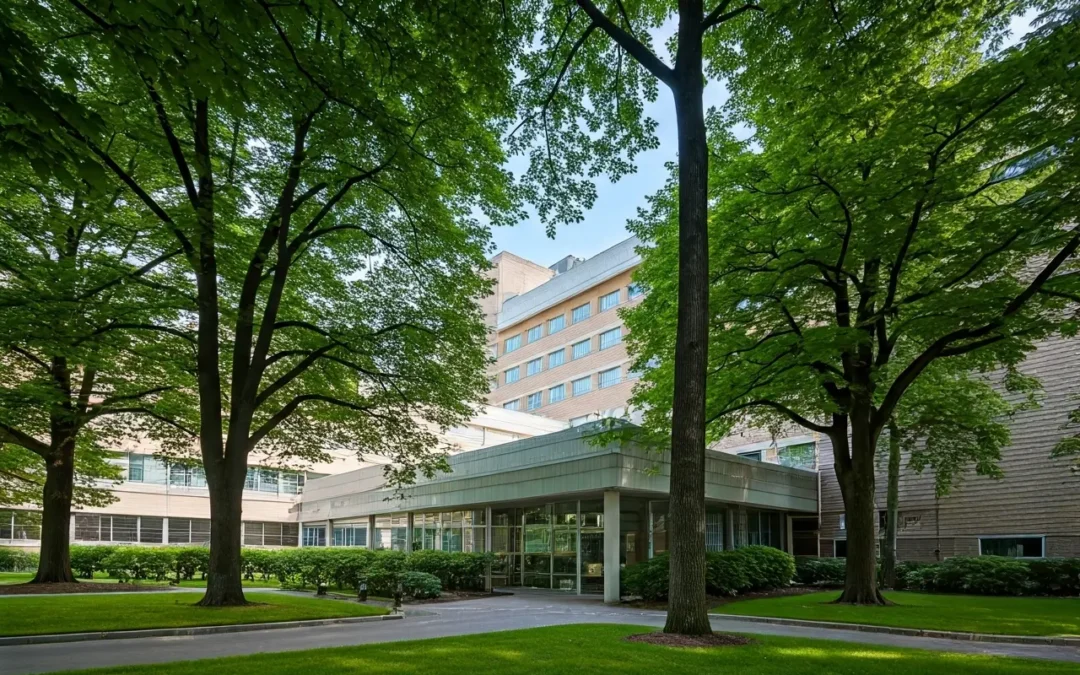Navigating the complexities of mental health and substance use disorders can be challenging. In Port St. Lucie, dual diagnosis support plays a crucial role in offering comprehensive care for individuals dealing with these intertwined challenges. Let’s explore how this support system is structured to provide complete care for those in need.
Table of Contents
- 1 Understanding Dual Diagnosis: What It Means
- 2 The Importance of Integrated Treatment Plans
- 3 Services Offered in Port St. Lucie’s Dual Diagnosis Programs
- 4 The Role of Family and Community in Recovery
- 5 Achieving Long-Term Recovery Through Dual Diagnosis Support
- 6 Embracing Comprehensive Care for Dual Diagnoses
Understanding Dual Diagnosis: What It Means
Dual diagnosis refers to the condition where an individual has both a mental health disorder and a substance use disorder. Recognizing the interconnected nature of these conditions is key to providing effective treatment.
The concept of dual diagnosis is critical because it underscores the reality that mental health and substance use disorders often share common causes and triggers. Individuals suffering from conditions like depression, anxiety, or PTSD might resort to alcohol or drugs as a form of self-medication, which can exacerbate their mental health issues. Conversely, substance abuse can lead to the development of mental health disorders. This complexity means that isolated treatment of either condition is rarely sufficient. Instead, a thorough evaluation of the individual’s mental and physical health is necessary to design a treatment plan that addresses both problems at their core.
The Importance of Integrated Treatment Plans
Integrated treatment plans are crucial as they address both mental health and substance use disorders simultaneously. This approach is central to comprehensive care, ensuring that treatment for one condition does not overshadow the other.
By approaching mental health and substance use disorders concurrently, integrated treatment plans help in stabilizing the patient’s overall well-being. A comprehensive treatment plan might include individual therapy, group counseling, and medication management, all tailored to the unique needs of each patient. For example, cognitive-behavioral therapy (CBT) is a common method used to help individuals recognize and change harmful thought patterns, while medication may help manage symptoms of mental health disorders effectively. Such an integrated approach not only focuses on symptom management but also emphasizes long-term recovery strategies, teaching coping mechanisms that can prevent relapse and promote sustained health improvements.
Importantly, integrated treatment also often involves consultation with various specialists to ensure a holistic approach to health. Collaboration among psychiatrists, psychologists, addiction specialists, and social workers is crucial to creating a cohesive treatment strategy. This team approach helps in addressing the multifaceted nature of dual diagnoses, fostering an environment where individuals can find the specific resources necessary to address their particular situations. Ultimately, such a coordinated effort stands as a testament to the effectiveness of integrated treatment plans in aiding recovery while considering the person as a whole.
Services Offered in Port St. Lucie’s Dual Diagnosis Programs
Port St. Lucie offers various services such as therapy, medication management, and holistic activities designed to support individuals with dual diagnoses. These services are tailored to meet the unique needs of each patient.
Among the many services available, individual therapy stands out as a personalized approach that focuses on understanding an individual’s unique history and challenges. Through one-on-one sessions with a trained therapist, individuals can explore the root causes of their conditions, which is instrumental in formulating effective coping strategies. Furthermore, group therapy sessions, which encourage interaction with peers who have similar experiences, offer an invaluable sense of community and support, crucial for emotional healing and reducing feelings of isolation that often accompany dual diagnosis.
Medication management is another cornerstone of dual diagnosis support in Port St. Lucie. Under the careful supervision of psychiatrists, medications may be prescribed to help regulate mood, alleviate symptoms of mental health disorders, or reduce cravings associated with substance use. It’s a dynamic process that involves close monitoring and adjustments to the prescription regimen to ensure optimal efficacy. Complementing these clinical services are holistic therapies like yoga, meditation, and art therapy, aimed at healing the mind, body, and spirit. These alternative practices promote relaxation, enhance mental clarity, and provide creative outlets for expression, contributing significantly to the overall recovery process.
The Role of Family and Community in Recovery
Family and community support play an integral role in the recovery process. Encouraging involvement from loved ones can enhance treatment outcomes and provide a robust support system for individuals.
Families often become the backbone of an individual’s support system during recovery. Providing education about dual diagnosis can empower family members to better understand the conditions, offer appropriate support, and set realistic expectations. Family therapy sessions can be a vital platform for open conversations, allowing families to communicate their feelings and concerns effectively. It’s a mutual healing process, building a foundation of trust and understanding, critical elements for long-lasting recovery. Similarly, community support groups provide an extended network of care, helping individuals to build connections beyond their immediate family and encouraging a shared sense of progress and hope.
Achieving Long-Term Recovery Through Dual Diagnosis Support
With continuous support and tailored treatment plans, individuals with dual diagnoses can achieve long-term recovery and improved quality of life. The comprehensive care model lays a strong foundation for enduring wellness.
Sustaining recovery in the long term often relies on ongoing support networks and continued engagement with health services. After initial treatment, maintaining regular consultations with healthcare providers ensures that any emerging issues can be promptly addressed. Recovery is an evolving journey where goals can shift, and having the flexibility within care plans to adapt to these changes is integral. Additionally, participation in 12-step programs or similar recovery support groups can provide consistent encouragement and accountability, further enhancing an individual’s resolve to maintain sobriety and manage mental health.
Lifestyle modifications also play a crucial role in achieving long-lasting recovery. Emphasizing a balanced diet, regular physical activity, and sufficient rest helps improve an individual’s overall resilience to stress and relapse. Encouraging mindfulness and other stress-reduction techniques like breathing exercises can be part of a self-care routine, bolstering mental health and wellness. The journey to recovery may be dotted with challenges, but with steadfast support and a comprehensive approach to dual diagnosis treatment, individuals can find their path to a fulfilling and healthier life.
Embracing Comprehensive Care for Dual Diagnoses
In Port St. Lucie, dual diagnosis support represents a beacon of hope for individuals grappling with co-occurring disorders. By offering a personalized, integrative approach, it ensures that each person receives the compassionate, comprehensive care they need for their journey towards a healthier, balanced life.











